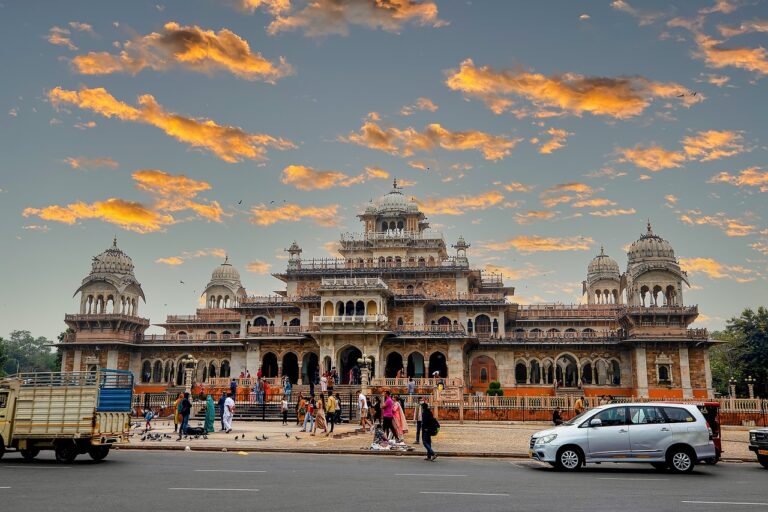Social Media Influence on Voter Decision-Making: Laser book 247 login password, Lotus299, 11xplay pro
laser book 247 login password, lotus299, 11xplay pro: Social Media Influence on Voter Decision-Making
In today’s digital age, social media plays a significant role in shaping public opinion and influencing voter decision-making. With the rise of platforms like Facebook, Twitter, and Instagram, political parties and candidates are leveraging these channels to reach a broader audience and sway voters in their favor. But how exactly does social media impact the way people choose who to vote for? Let’s delve into this fascinating subject.
The Power of Social Media in Politics
Social media has revolutionized the way political campaigns are run. Candidates can now directly engage with voters, share their platforms and policies, and rally support for their cause with just a few clicks. By creating targeted ads and content, political parties can tailor their messages to specific demographics, reaching voters who are more likely to resonate with their ideas.
Moreover, social media allows politicians to bypass traditional media outlets and speak directly to their constituents. This direct line of communication fosters a sense of transparency and accessibility, making voters feel more connected to the candidates they support.
The Influence on Voter Decision-Making
One of the most significant impacts of social media on voter decision-making is the spread of misinformation and fake news. With the ease of sharing content online, false information can quickly go viral and sway public opinion. Voters may unknowingly be influenced by inaccurate or biased information, leading them to make ill-informed decisions at the ballot box.
Additionally, social media algorithms can create echo chambers, where users are only exposed to viewpoints that align with their beliefs. This can reinforce existing biases and prevent voters from considering alternative perspectives. As a result, social media can polarize political discourse and hinder critical thinking in the voting process.
On the flip side, social media can also empower voters by providing them with a platform to voice their opinions, engage in political discussions, and hold politicians accountable. Through online activism and grassroots movements, voters can mobilize support for causes they care about and drive meaningful change in their communities.
The Future of Social Media in Politics
As social media continues to evolve, its impact on voter decision-making will only grow stronger. Political campaigns will increasingly rely on digital strategies to reach and engage with voters, harnessing the power of data analytics and targeted advertising to sway public opinion.
However, as the dark side of social media becomes more apparent, steps must be taken to combat misinformation and promote transparency online. By educating voters on how to critically evaluate information, fact-checking content, and holding social media platforms accountable for their role in spreading fake news, we can mitigate the negative effects of social media on voter decision-making.
In conclusion, social media wields immense influence over voter decision-making, shaping public opinion, and political discourse in ways we have never seen before. As we navigate this new digital landscape, it is essential to approach social media with a critical eye, seeking out diverse perspectives, and engaging in thoughtful discussions to make informed choices in the voting booth.
FAQs
1. Does social media really impact voter decision-making?
Yes, social media has been shown to influence how voters perceive candidates, policies, and issues, ultimately shaping their choices at the ballot box.
2. How can voters combat misinformation on social media?
Voters can combat misinformation by fact-checking content, seeking out reputable sources, and engaging in critical thinking when evaluating information online.
3. What role do social media algorithms play in voter decision-making?
Social media algorithms can create echo chambers, reinforcing biases, and limiting exposure to diverse viewpoints, thereby influencing how voters form opinions and make decisions.







